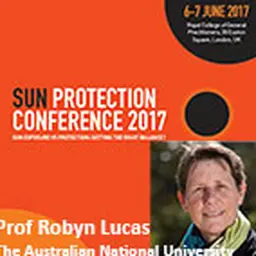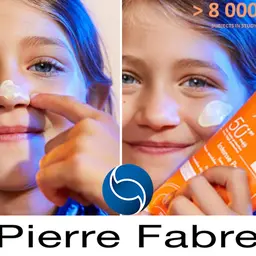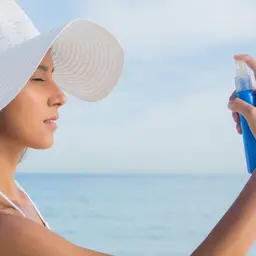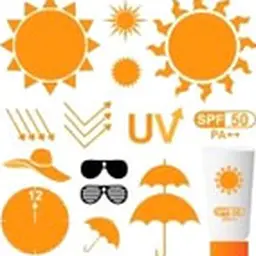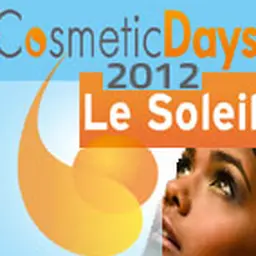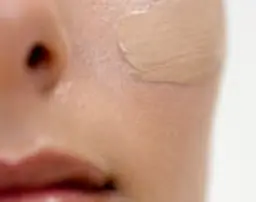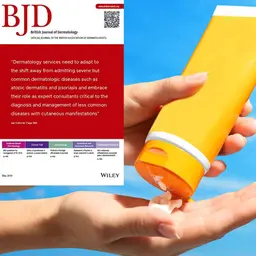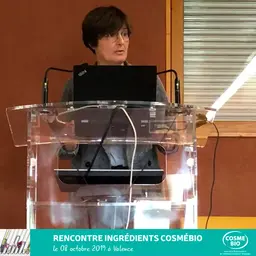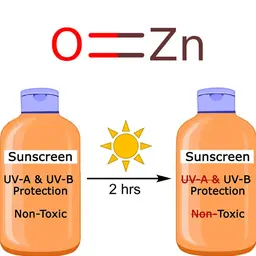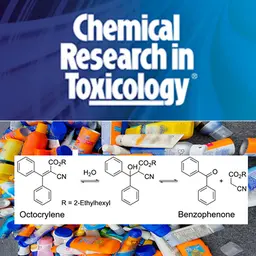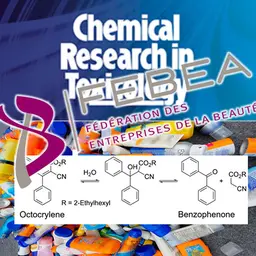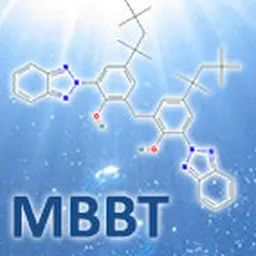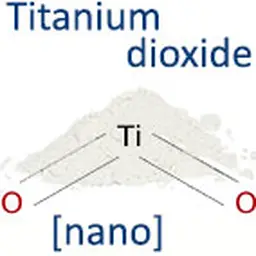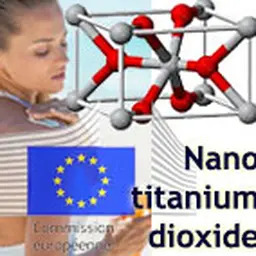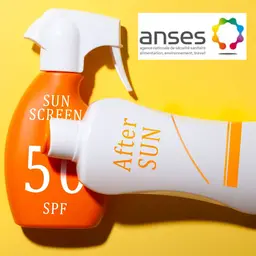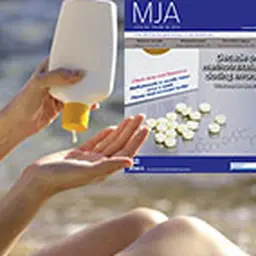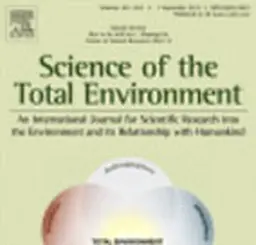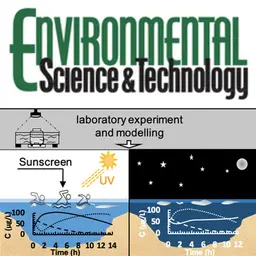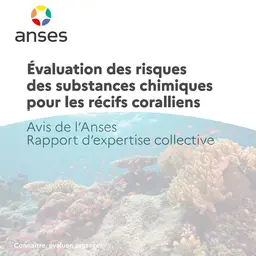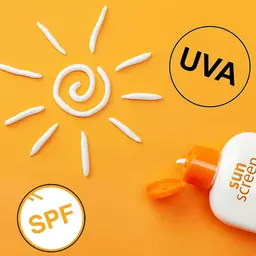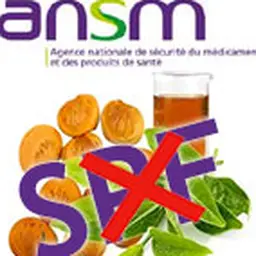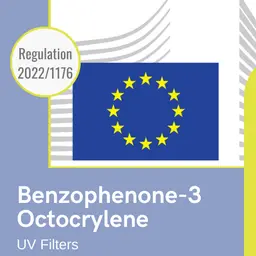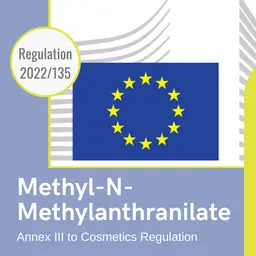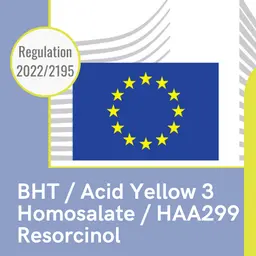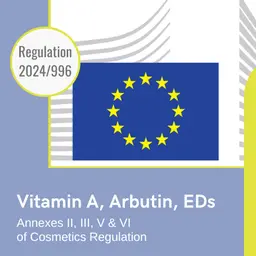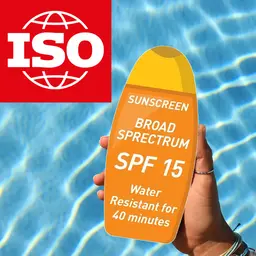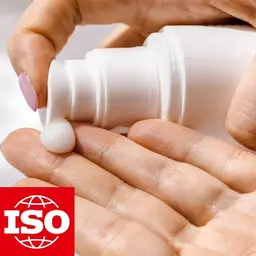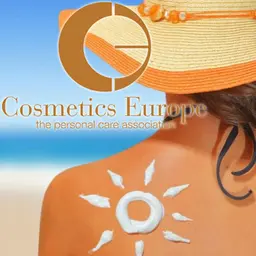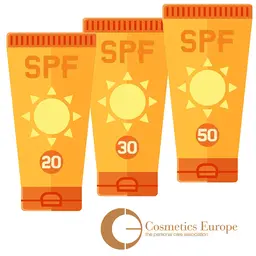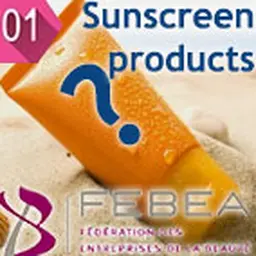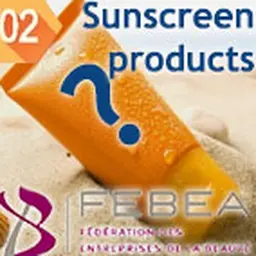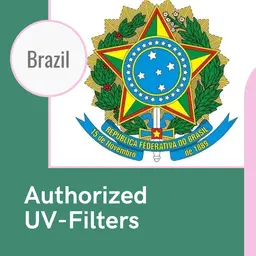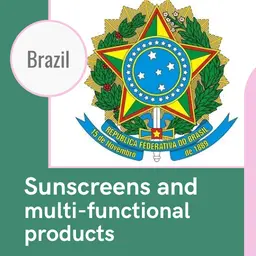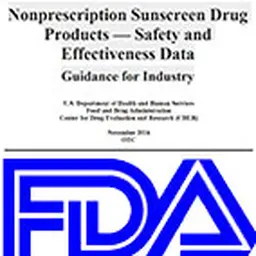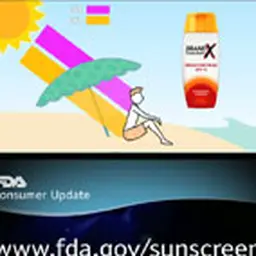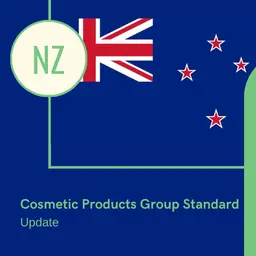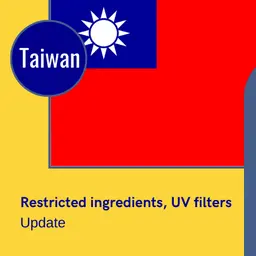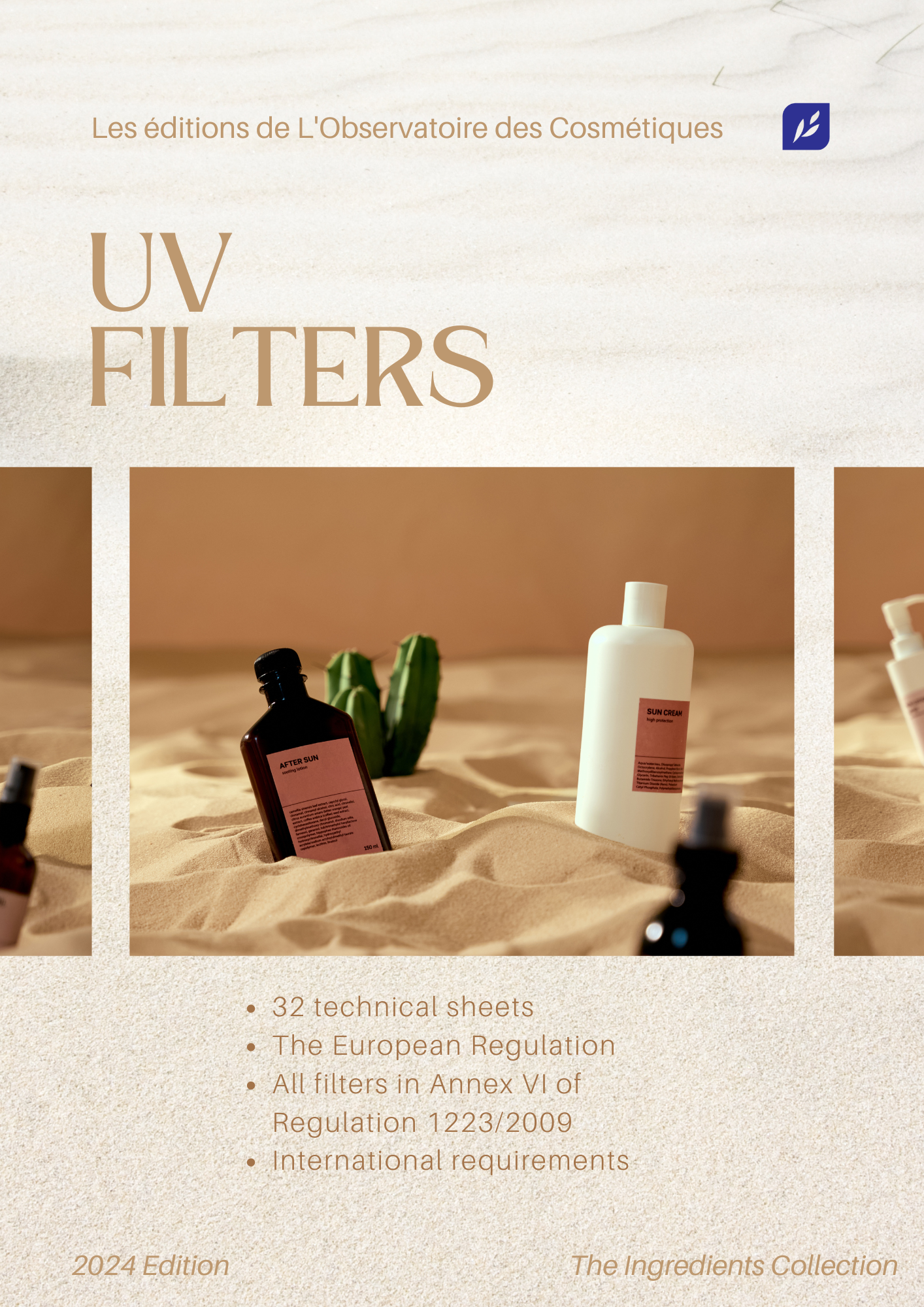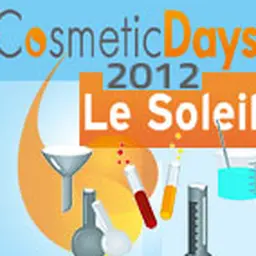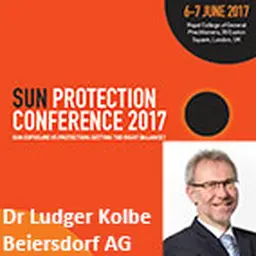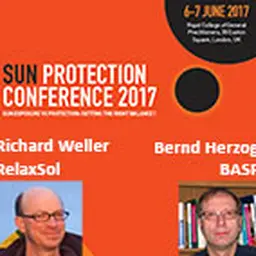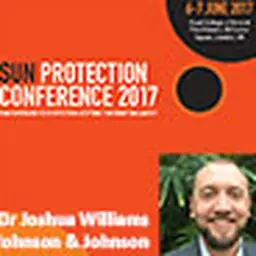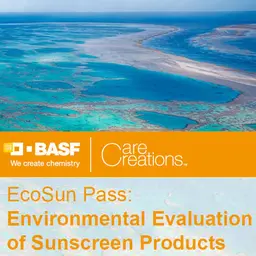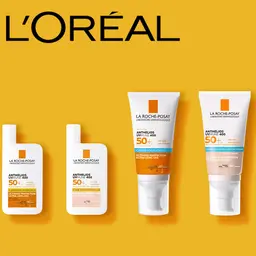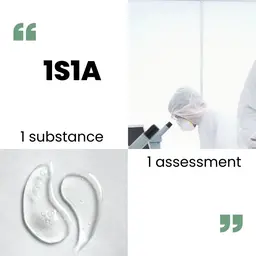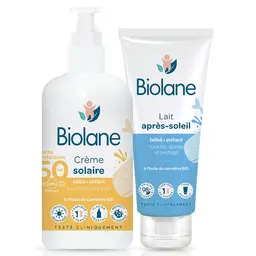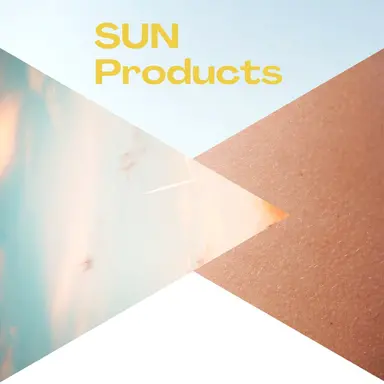
Indispensable for protecting the skin from the harmful effects of UV rays, on the beach in summer or in the mountains in winter, sun protection products are nonetheless the subject of recurrent criticism as to their effectiveness or doubts as to their safety. And regularly, debates resurface on the allergenicity or toxicity (for health or for the environment) of synthetic filters or nanoscreens, on the reality of SPF… while the formulation of this type of product always remains a challenge and their regulation, in Europe as well as internationally, is not the simplest… Which options should be chosen? Which products, which set of filters, which formula, which galenic, which labelling? CosmeticOBS has compiled all its articles in this dossier to provide an overview of the delicate issue of sun protection products.
Sun: benefits, dangers and protection
First of all, it is not advisable to expose yourself to the sun without appropriate protection. This is not a luxury, it is a public health imperative, to protect the skin from sunburns and burns as well as from the development of melanoma, those very serious skin cancers. A sun protection product is essential. And this applies even more to children, who should never be exposed to the sun before the age of three.
And it’s not a luxury to remind people of this either, as the surveys follow one another to show just how poorly this advice is still followed… This is because consumers still have many questions, and almost as many misconceptions, about sunscreen products. Choosing the right sun protection is not that simple. And once the choice is made, you still need to know how to use it optimally to guarantee the maximum safety it can offer.
Explanations, clarifications and reminders of the basics…
Filters and screens under debate
Synthetic filters protect the skin by absorbing the sun’s rays. Mineral screens reflect the light and thus form a protective barrier. Without one or the other, there is no sun protection. But these essential ingredients are among the most regularly criticised in cosmetics, because almost all of them seem to have as many disadvantages as advantages. But you have to know what you are talking about.
Presentation of the main substances used for sun protection, and the debates surrounding them, whether it is a question of their effectiveness, their safety of use or their harmful potential for the environment…
Efficiency and safety
Environmental toxicity
Regulation
All over the world, sunscreens and filters are among the most regulated cosmetic ingredients and appear on exhaustive lists of authorised substances, which differ from one region of the world to another. In Europe, it is Annex VI of the Cosmetics Regulation, which has been considerably revised in recent years, in particular by the introduction, after evaluation by the SCCS, of new filters or screens in nanoparticulate form.
The status of the products also varies: cosmetics for some, non-prescription drugs for others, all of which makes it almost impossible to design a “World” suncare product.
Here is an update on the situation, here and elsewhere…
In Europe
On the ISO side
On the international scene
“UV Filters” Ingredients Sheets
CosmeticOBS has compiled and regularly updates the technical data sheets for all UV filters authorised in Europe (all those listed in Annex VI of the Regulation). For each, the chemical identity, toxicological profile, conditions of use in Europe and internationally, regulatory history, reference sources, etc. are provided.
These sheets can be found in the online gallery or in the ebook “Les Filtres UV”, available in the CosmeticOBS shop.
Formulation of sunscreen products
Of course, when formulating a sun protection product, UV filters or mineral screens are essential. But they are not everything!
The effectiveness of the protection also depends on other ingredients, and a sun protection product is also a galenic formulation that allows easy application and good dispersion of the filters, a pleasant texture to encourage frequent reapplication, complementary active ingredients to ensure the stability of the formula or its resistance to water… in short, a “real” cosmetic product, whatever certain regulations may think.
Combinations of different filters, introduction of new substances, research for more efficiency and sensoriality, and tracks for tomorrow’s sunscreens…



